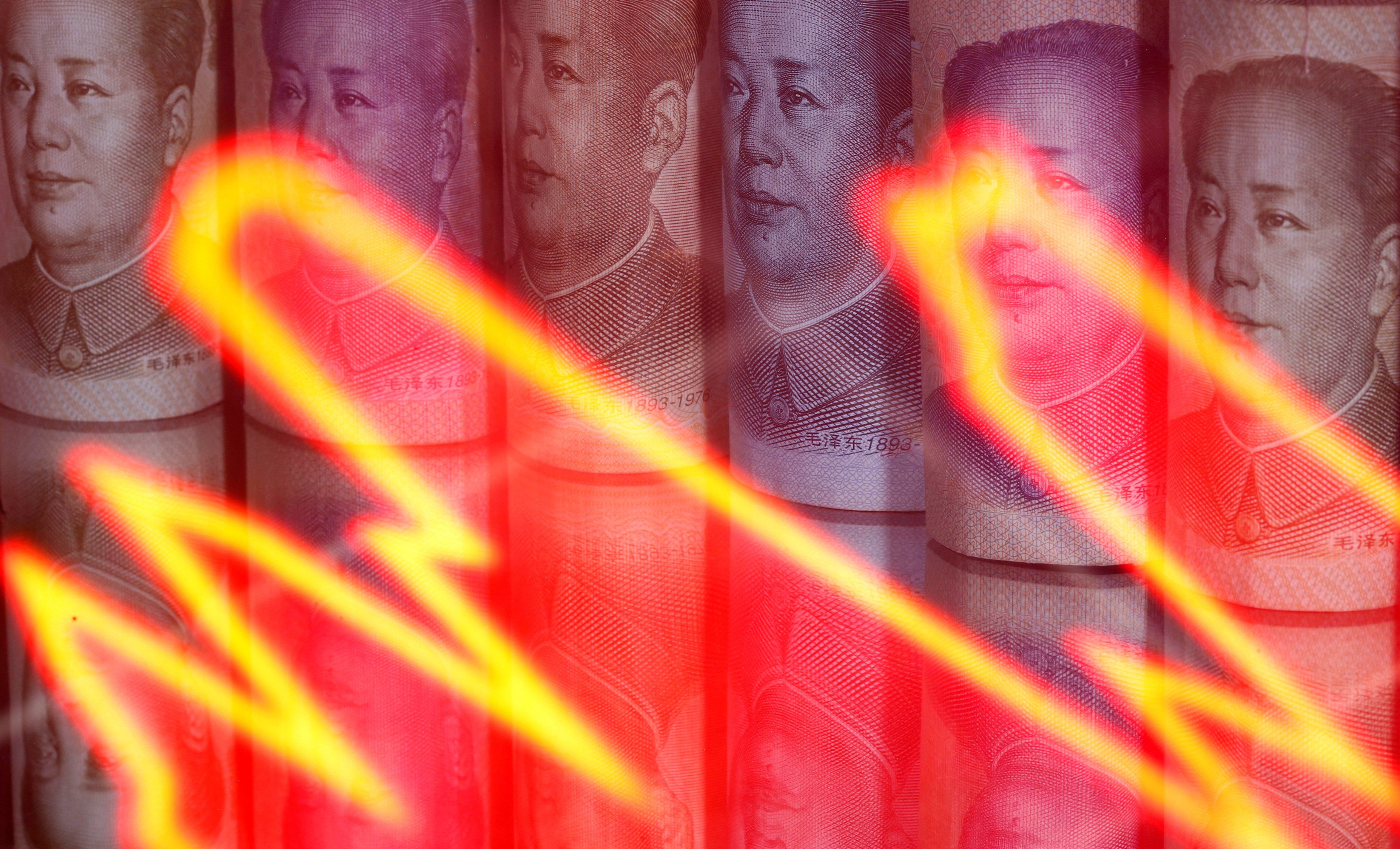On Tuesday, China approved a 1 trillion yuan ($167 billion) increase in sovereign debt in a rare midyear budget reassessment as sluggish growth and local governments’ lopsided balance sheets pose major challenges for Beijing.
Half the money will be spent before the end of 2023, mostly on infrastructure projects related to flood mitigation and drainage. That might seem highly specific, and not necessarily the kind of investment that spurs economic growth, but it advances both the political and economic interests of Chinese President Xi Jinping, according to Lauren Gloudeman, Eurasia Group’s director for China.
Flooding hit China hard this year, particularly in the northeast, and cash-strapped local governments were on the hook for the damage, aggravating their extensive debt problems. The damage to agriculture also jeopardized China’s food security — a red line for Beijing — leading Xi to chair a Politburo Standing Committee meeting in August on flood control and reconstruction.
While the debt issuance is likely to help Beijing meet its growth targets, Gloudeman said the decision is not oriented toward kick-starting the economy per se.
“It’s about trying to put a floor under how bad growth could be,” she said “The government is looking ahead to the first quarter of 2024 and realizing, ‘Growth is probably gonna slow down, and we need to be prepared with some spending to ensure that some economic activity is happening.’”
